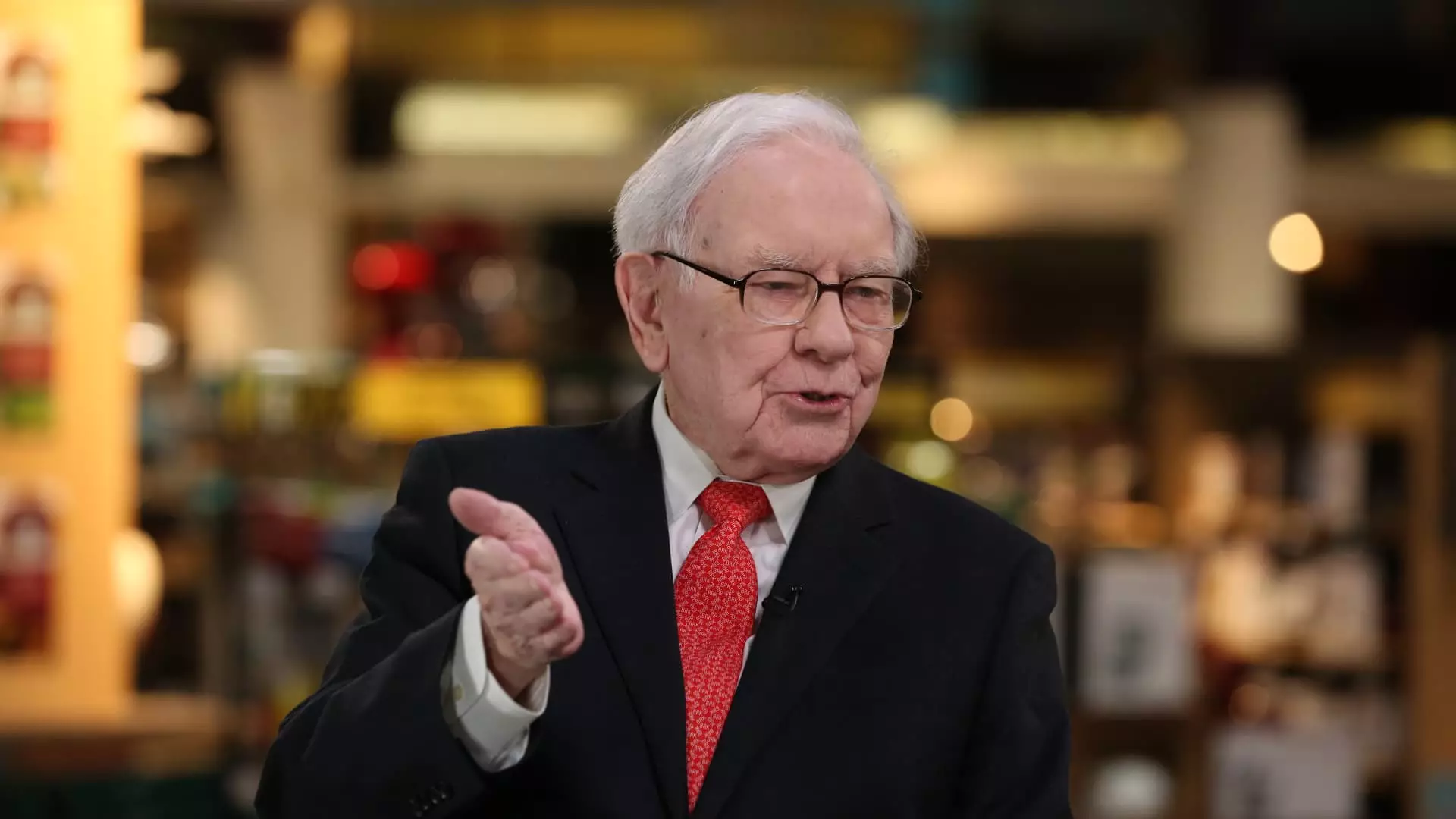The discussion surrounding tariffs and trade policies often centers on the delicate balance that must be maintained in global economic relations. With President-elect Donald Trump’s impending tariffs threatening to escalate trade tensions, it’s critical to reflect on the sentiments expressed by influential figures like Warren Buffett. Buffett warned of the detrimental effects of aggressive tariff strategies, highlighting how such actions could lead to negative global repercussions, including inflation and economic instability for consumers worldwide.
Buffett’s perspective shines light on the interconnectedness of economies in a globalized world. He underscored that while tariffs may seem to serve immediate national interests, they often lead to broader negative consequences. Inflation and increased costs for consumers are among the most pressing concerns. His assertion that a trade war would adversely affect the entire planet underscores the gravity of the situation. It is crucial to recognize this perspective against the backdrop of President Trump’s assertive policies, which seem to prioritize short-term political gain over long-term economic stability.
Consumer Impact and the Invisible Hand of Trade
Buffett emphasizes a fundamental aspect of economics: tariffs act as a de facto tax on consumers. They distort market dynamics by altering prices and shifting purchasing behaviors, ultimately hurting the very constituents they are intended to protect. For many consumers, the effects of tariffs are subtle and often unnoticed until it is too late. Buffett remarks that if the landscape of manufacturing were drastically altered due to stringent tariffs, consumers would be startled by the potential prices of everyday goods, provoking unsettling realities of economic protectionism.
Furthermore, Buffett believes leaders must effectively communicate the rationale behind significant policy shifts. Transparency is key to fostering public understanding and acceptance of trade measures. The notion of “educator-in-chief” resonates strongly, particularly in turbulent economic climates where misinformation can easily proliferate. Leaders bear the responsibility to elucidate the complex interplay of trade policies and their consequences, promoting informed public discourse.
The Negotiating Tactics and Their Repercussions
Importantly, some analysts argue that President Trump’s tariff threats may be strategic moves aimed at achieving broader political objectives, such as controlling illegal immigration. However, history has shown that such tactics can lead to retaliatory measures from affected nations, risking a cycle of escalating tariffs that can spiral out of control. This echoes Buffett’s caution regarding the dangers of initiating a potentially devastating trade war reminiscent of previous conflicts.
A measured approach is needed to navigate the complexities of international trade relations. Open dialogues among nations, rooted in cooperative ideals rather than adversarial posturing, could foster healthier economic environments. In light of Buffett’s insights, understanding the long-term repercussions of tariff implementations should take precedence over immediate political motivations. Moving forward, it is essential to consider the wisdom of economic luminaries, acknowledging that a harmonious approach to trade may ultimately yield superior benefits for all involved.



Leave a Reply